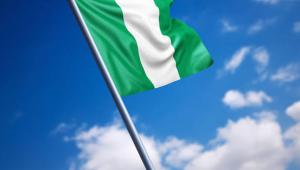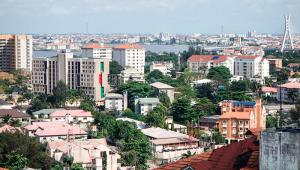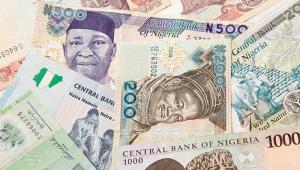The IMF said Nigeria’s oil-dependent economy could return to 4.9% growth in 2016, an improvement on the 2.8% it saw last year but still short of the 6.3% growth it enjoyed in 2014, through a combination of fiscal discipline, external rebalancing and the “steadfast implementation of structural reforms”.
The government’s deficit doubled to 3.3% of gross domestic product in 2015, and the IMF said the outlook for 2016 “remains challenging”.
“In light of the significant macroeconomic adjustment that is needed to address the permanent terms-of-trade shock, it will be important to put in place an integrated package of policies,” it said.
These should be centred around fiscal discipline, reducing external imbalances, further improvements to the efficiency of the banking sector and the strong implementation of structural reforms towards competitiveness and inclusive growth, it stated.
“Establishing medium-term fiscal policy goals that support fiscal sustainability is a priority,” it continued, highlighting measures to boost non-oil revenue such as broadening of the tax base, rationalising spending, adopting safety nets for the vulnerable and fostering enhanced accountability and an orderly adjustment of sub-national budgets.
It added that “steadfast implementation of structural reforms” would also be key, including enhancing the efficiency of public services, improvements to the regulatory framework for the oil sector and application of anti-money laundering frameworks.
In addition, the fund called for measures to create “an enabling environment to attract investment”. This should include a renewed focus on the economy’s competitiveness, and the IMF said it supported government efforts to promote targeted, core infrastructure, as well as to reduce business costs through greater transparency and accountability.
It also recommended removing restrictions on access to foreign exchange, allowing the exchange rate of Nigerian naira to reflect market forces, and for improvements to regulatory and supervisory frameworks that ensure a strong and resilient financial sector that can support private investment.
Effective implementation of these recommendations could see growth rebound to 4.9% next year, the IMF said.
Nevertheless government deficit is expected to widen somewhat before improving in 2017 and the external current account deficit is projected to stay flat at 2.3% of gross domestic product.
Key risks to the outlook include lower-than-budgeted oil prices, shortfalls in non-oil revenues, a further deterioration in the national and local public finances or a resurgence in security concerns from Boko Haram.
Earlier this month the Nigerian government appealed for $1bn in budget support from the AfDB to help it implement macroeconomic reforms in the face of plummeting oil prices.













